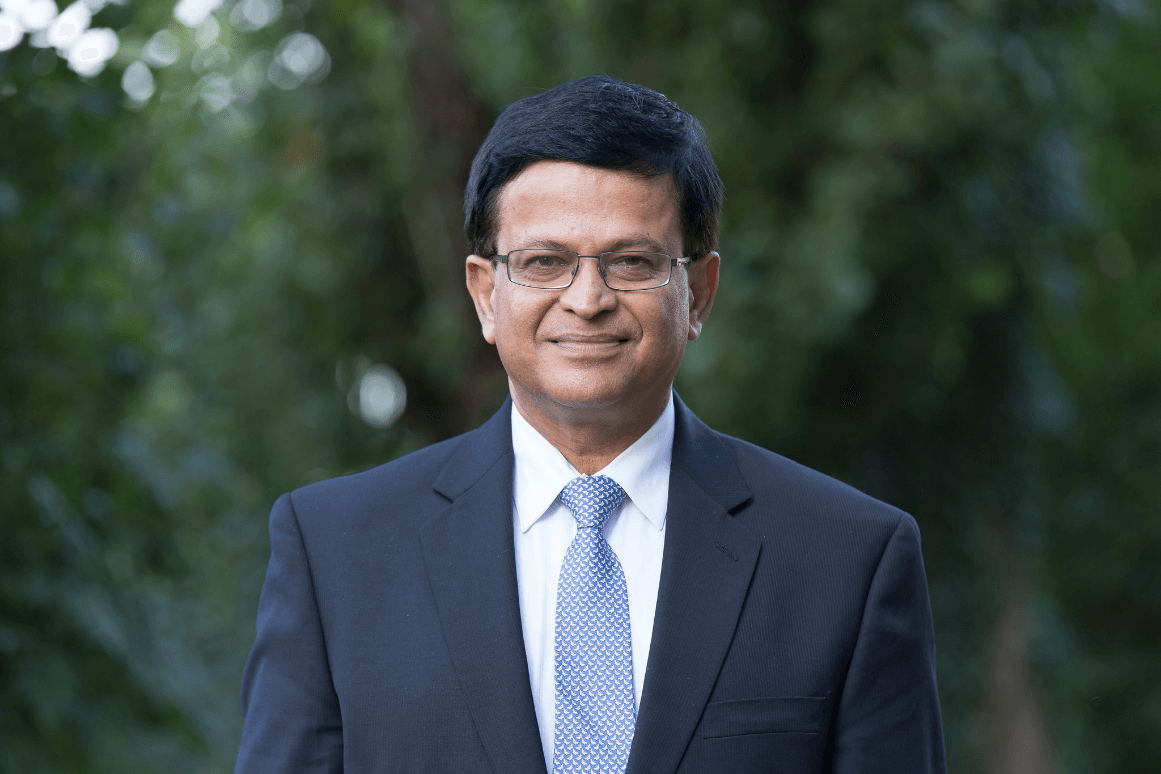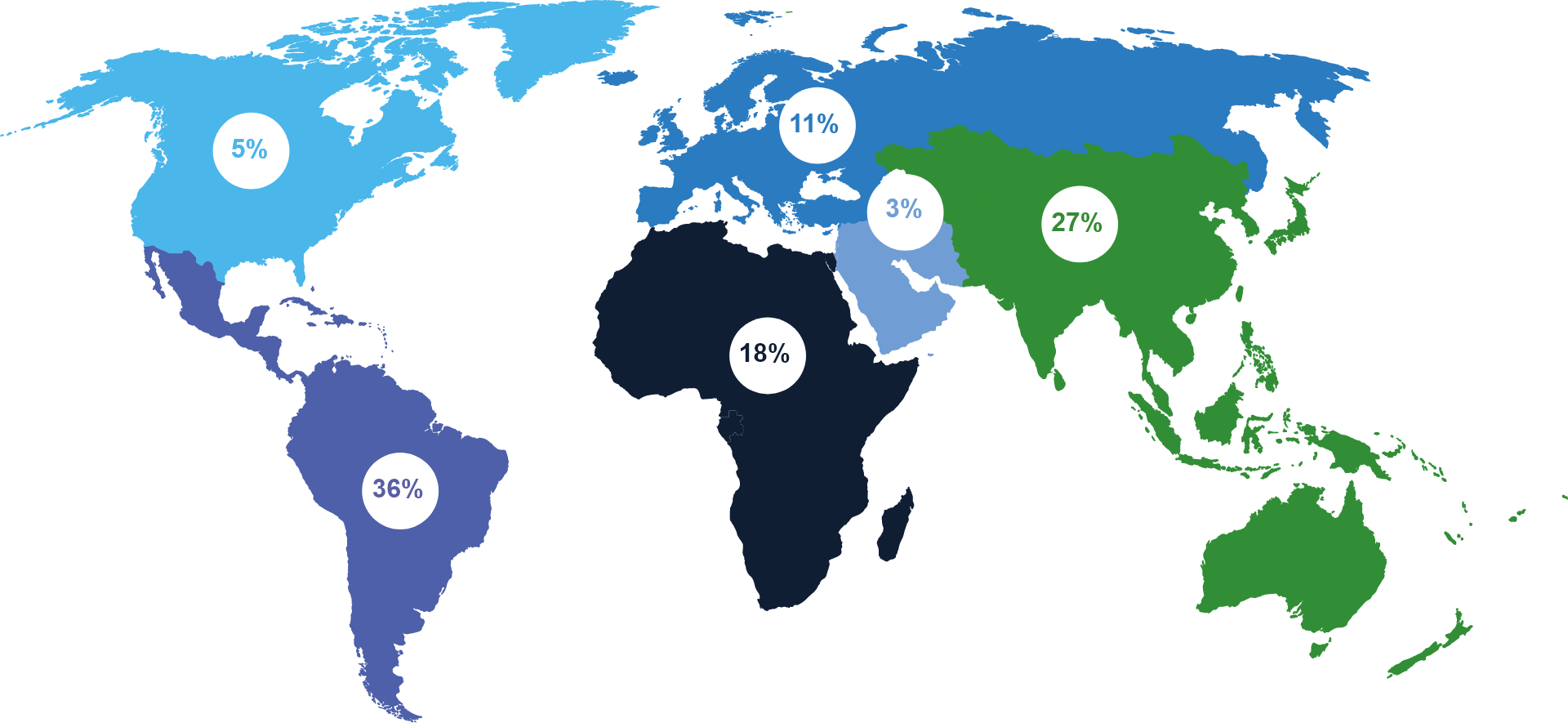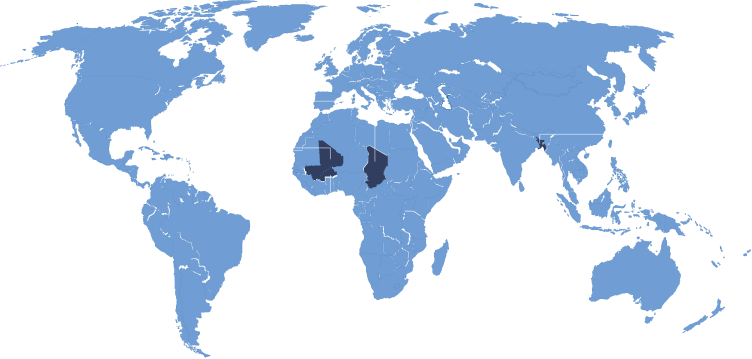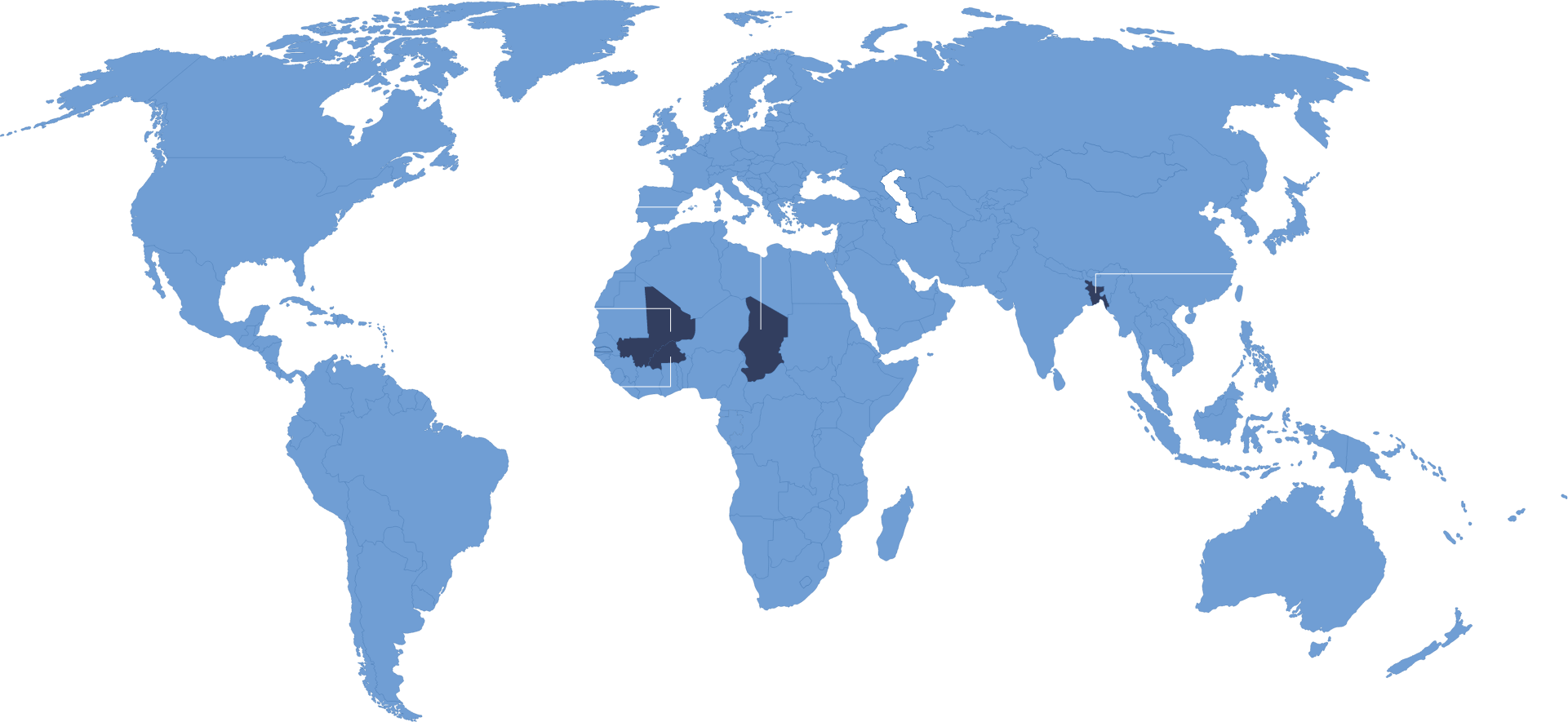Our Primary Output
Trained Beneficiaries
UNITAR provided learning, training and knowledge-sharing services to 370,139 individuals in 2021, representing a 15% increase from 2020 figures of 322,410.
Over half of the beneficiaries delivered is attributed to courses administered in partnership with agencies of the One UN Climate Change Learning Partnership (UN CC:Learn). UNITAR’s global network of affiliated International Training Centres for Authorities and Leaders (CIFAL) delivered 22% of the beneficiaries.
The proportion of participants from broader knowledge-sharing and other events (e.g., conferences, public lectures, meetings) represents 34% of UNITAR’s beneficiaries, while the other 66% are participants from learning-related events.




